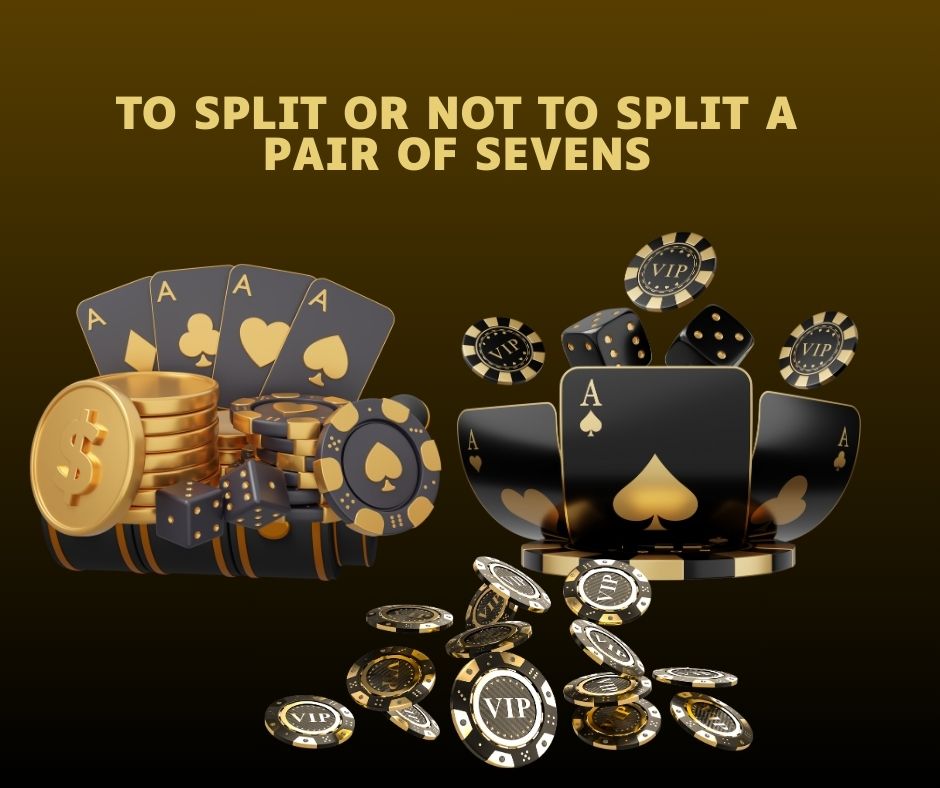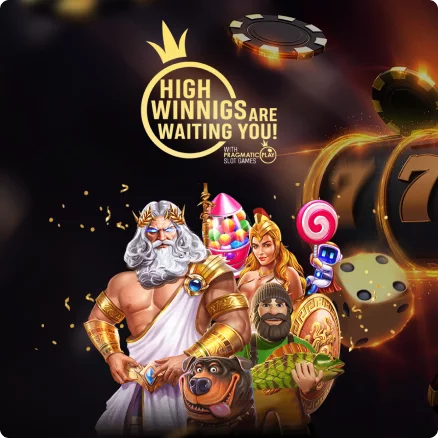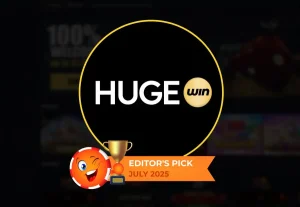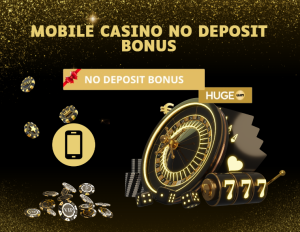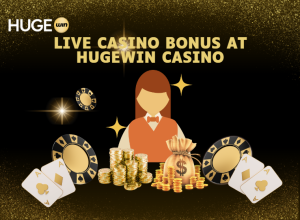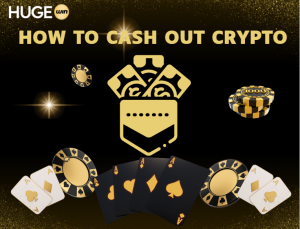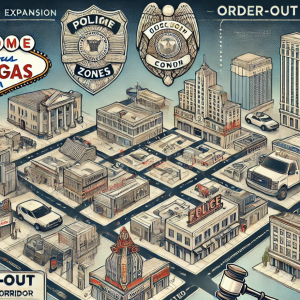Many elements determine whether or not to split a pair of sevens in blackjack, including dealer cards and strategy expertise. Beginning with the fundamentals is crucial for novices; experienced players should constantly consider the game’s context. Recall that every blackjack choice ought to be grounded on probability and reason rather than feeling or instinct.
Split: One losing hand or two winning hands?
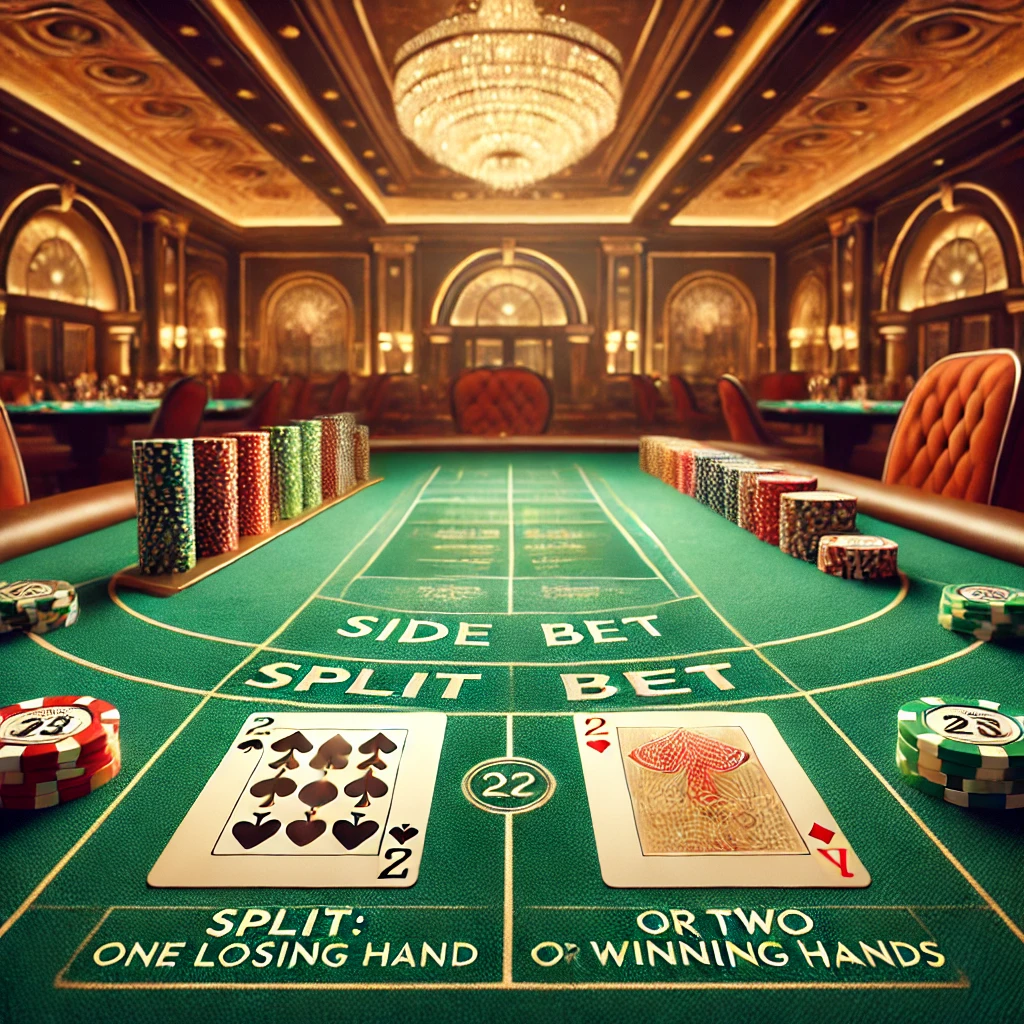
Splitting in blackjack is a planned action that may treble your chances of winning and increase your risk of losing as well. One must understand the possible reasons behind the success or failure of an undertaking. For example, the card the dealer is showing decides whether to split sevens as was already said. If the dealer has low value cards, they are more likely to overcall and so sharing a better bargain is more advisable.
It’s important to grab every opportunity to increase your odds when visiting Hugewin, a casino drawing both new and experienced players. Players could split using the dealer’s weak hands. Splitting your hands raises your chances of getting a superb hand twice, like if you have two sevens in your hand and the dealer shows a five. This is so because every seven has room to develop to a superior value.
Strategically dividing your hand can help you transform one losing hand into two possible winning ones, therefore increasing your chances of winning generally. This is especially true at Hugewin, where participants highly respect strategy and big wins.
Hit
Another important aspect of blackjack is deciding whether to hit or not to hit. A hit is taking an extra card to improve your hand without going over 21 points. In Hugewin, players aim to maximize their winnings, so it’s crucial to accurately assess the situation. For example, if your total card value is 11 or less, hitting is practically risk-free because overcalling is not an issue. However, if your hand value is 12 or more, every hit needs to be carefully weighed against the risks and potential rewards. Taking a hit in Hugewin can be especially profitable if the dealer shows a weak card, like a 4 to 6. In such cases, strengthening your hand is a good strategy.
Surrender
Blackjack’s surrender option lets players quit after two cards for half their stake. This is especially useful if the dealer has an open ten or ace and your hand is weaker. In Hugewin, where strategic thinking and risk management come first, knowing when to yield may boost long-term success.
Knowing probabilities and which dealer hands will result in the worst results for the player is essential to using the surrender option properly. If you have 16 and the dealer has a ten, you’re likely to lose. Sacrificing may lessen your losses in such a case.
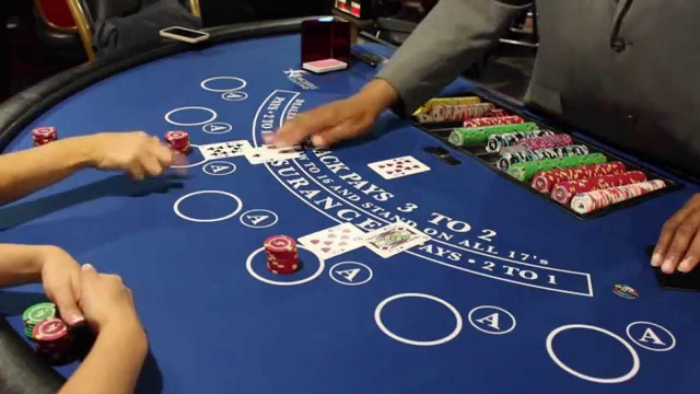
Hugewin pushes players to maximize their performance by using all strategic choices. Knowing and using the surrender option helps improve game efficiency and bankroll management. This lets players save resources for better hands, improving their long-term odds.
What not to do with a pair of sevens
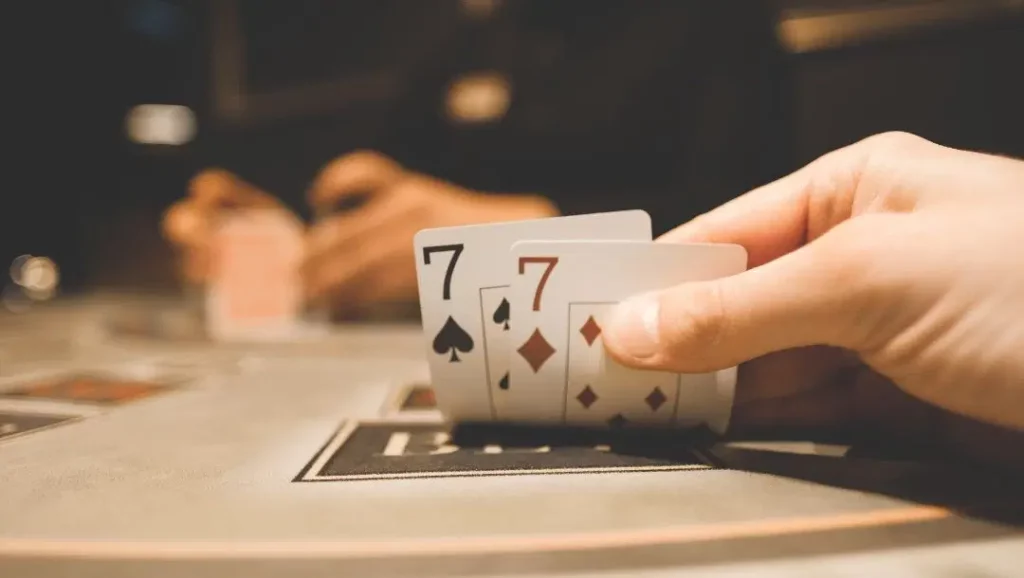
Playing blackjack with a pair of sevens calls for some strategic avoidance of certain options to reduce risk and maximize possible earnings. Understanding what to do in front of a powerful dealer hand is very crucial.
Regardless of the dealer’s card, one often mistakes double down with a pair of sevens. Particularly if the dealer displays a high value card, like a 9, 10 or ace, this move usually has negative effects. Under such circumstances, it is advisable to avoid double down as the chance of losing is larger and the likelihood of acquiring a powerful hand is not as great.
Ignoring strategic pair splitting is another often made error. Hugewin stresses learning the correct action for every circumstance and strategic thinking. Splitting sevens can significantly raise your chances of winning if the dealer presents a low value card—between two and seven.

